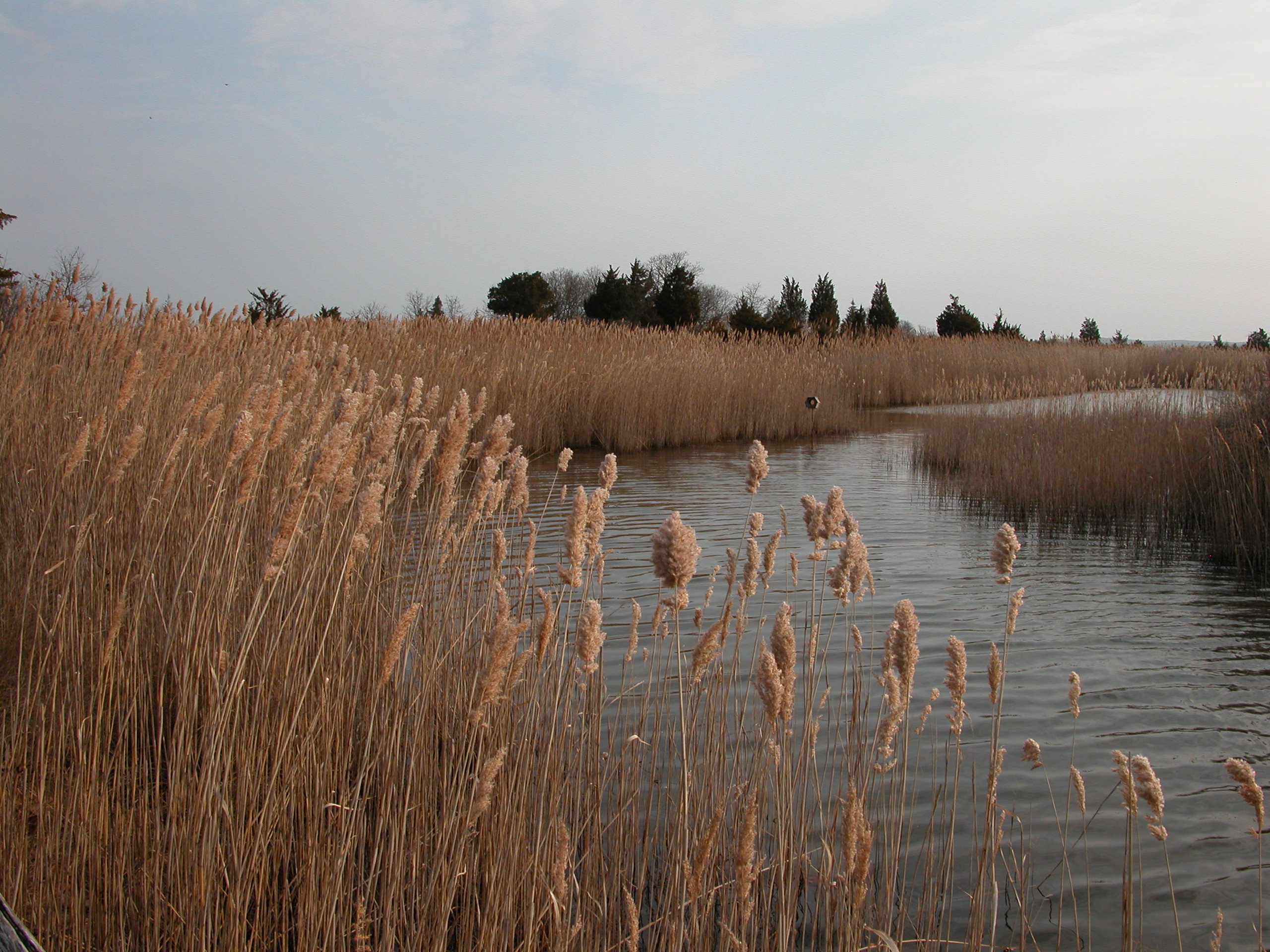Cornell University Cooperative Extension’s Marine Program has identified a potential solution for the recent heightened die-offs of Peconic Bay scallops—shifting the spawning season from the summer to the fall. Originally identified by Stony Brook University researchers, the local decline of scallops is a result of rising water temperatures, which can lead to lower oxygen levels and poor conditions for scallops’ survival and reproduction. Cornell researchers plan to continue their analysis and tests to compare how the fall-spawned scallops survive in relation to those produced in the typical summer window.
The research is funded by The Robins Island Foundation, The Moore Charitable Foundation’s Long Island affiliate. The Robins Island Foundation recognizes the importance of protecting and conserving New York’s coastlines, wildlife habitats, ecosystems, and natural and working landscapes.
